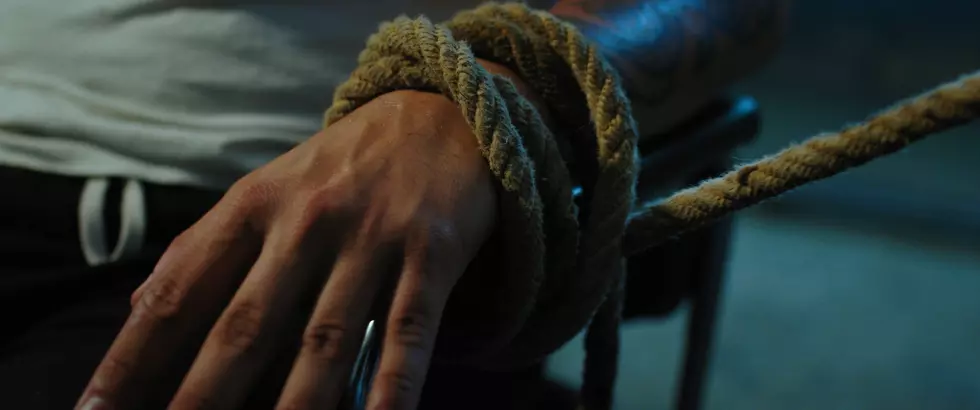
The Strong Northwest Connection to Being Shanghaied
Have you ever been tricked into doing something? You know, someone invites you over for game night, but when you arrive, there’s a couch that needs moving up the stairs? Or you’re invited over for dinner, but - surprise - you’re doing the cooking. Or your friends want you to come out for drinks, “like we used to,” but you’re stuck being the designated driver.
These are examples of being “shanghaied,” a word which I’m certain is not politically correct, but it is part of our cultural history.
To actually be "shanghaied", in the purest sense of the word, is a fate worse than being recruited by your friend into a pyramid scheme. Or tricked into baby-sitting their kid. Or seduced into buying crypto-currency. Keep reading to learn more about the northwest connection to this despicable practice.

What Does it Mean to be Shanghaied?
To be "shanghaied" means to be kidnapped or tricked into working for someone. Unwitting "sailors" were drugged, or otherwise knocked out, only to wake up at sea, their fate sealed.
When Did the Expression "Shanghaied" Start Being Used?
The word shanghai was in use during the 1850s.
Why the Word Shanghai?
The city of Shanghai, China was a popular shipping destination.
Why Were Sailors Shanghaied?
Horrible living conditions and treatment of sailors led to a shortage of competent, interested men in the shipping industry. Still, the ships needed to be manned, and so shanghaiing came to be.
No prison, certainly none of modern days, so wretched
but life within its walls is preferable, on the score
of physical comfort, to the quarters and the life of
the sailor on the vast majority of merchant vessels.
-U.S. Marine Hospital surgeon,1874

Is the Expression "To Get Shanghaied" Offensive?
To name the kidnapping of people for forced labor after a Chinese city? Sounds pretty offensive to me. Especially since the Chinese weren't the ones doing the kidnapping.
Which Cities Were Known for Shanghaiing Sailors?
- Seattle, WA
- Port Townsend, WA
- Astoria, OR
- Portland, OR
- San Francisco, CA
- New York, NY
- Boston, MA
- Philadelphia, PA
- Baltimore, MD
- London, ENG
- Liverpool, ENG
Pretty much anywhere with a port. But the ports on the West Coast of the United States of America were considered the most dangerous of all.
Where Does Use of the Word "Shanghaied" Originate From?

As it is with most words and phrases that enter the lexicon, no one can say definitively. Some have suggested Oregon. But there's more published evidence of the expression in use in San Francisco.
Is there an Oregon Connection to the Practice of Shanghaiing?
As noted above, Portland was a dangerous port where one could get shanghaied. It was home to the notorious Joseph "Bunco" Kelly, a hotelier in Oregon who would kidnap guests and sell them to ship captains. He estimates that he had shanghaied 2000 victims during his "career." And it's interesting to note that one day Kelly himself just disappeared. Maybe he went into hiding. Maybe someone got their revenge...
How Did Ships Get Away with Shanghaiing Sailors?
For starters, bars and lodging around the docks would have been accomplices, in exchange for some sort of compensation.
And in the case of Portland, they could avoid the attention a kidnapping victim could bring by going underground. There are secret tunnels under the city that were used to kidnap men and bring them to the docks unnoticed. These tunnels were in use into the 1940s.
Do People Still Get Shanghaiied Today?
Legislators put an end to the conditions that made getting shanghaied possible. That was in 1906, a full 41 years after the 13th Amendment, which made slavery illegal. But - and sorry to be a bummer, here - human trafficking very much exists in today's United States, and all over the world.
5 Twisted Idaho True Crime Stories That Made National TV
25 True Crime Locations: What Do They Look Like Today?
More From 105.3 KISS FM






